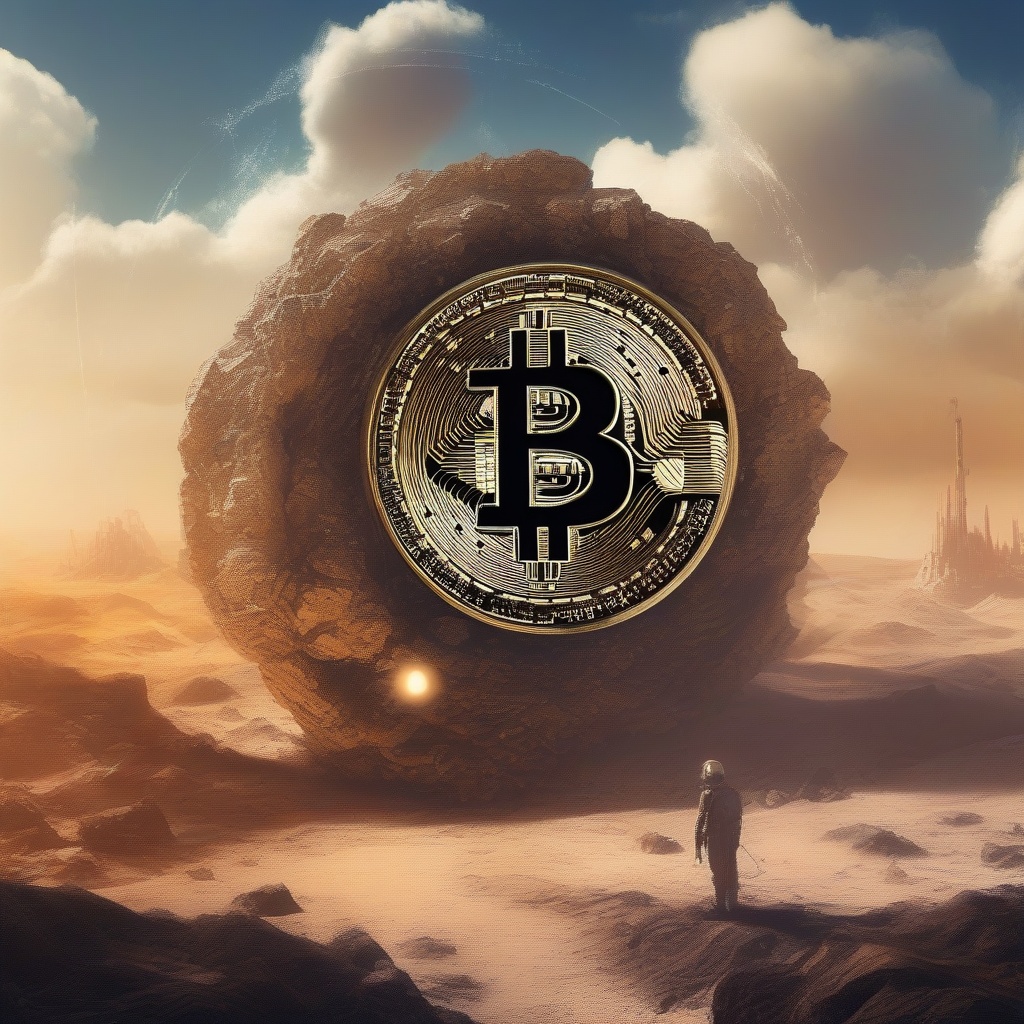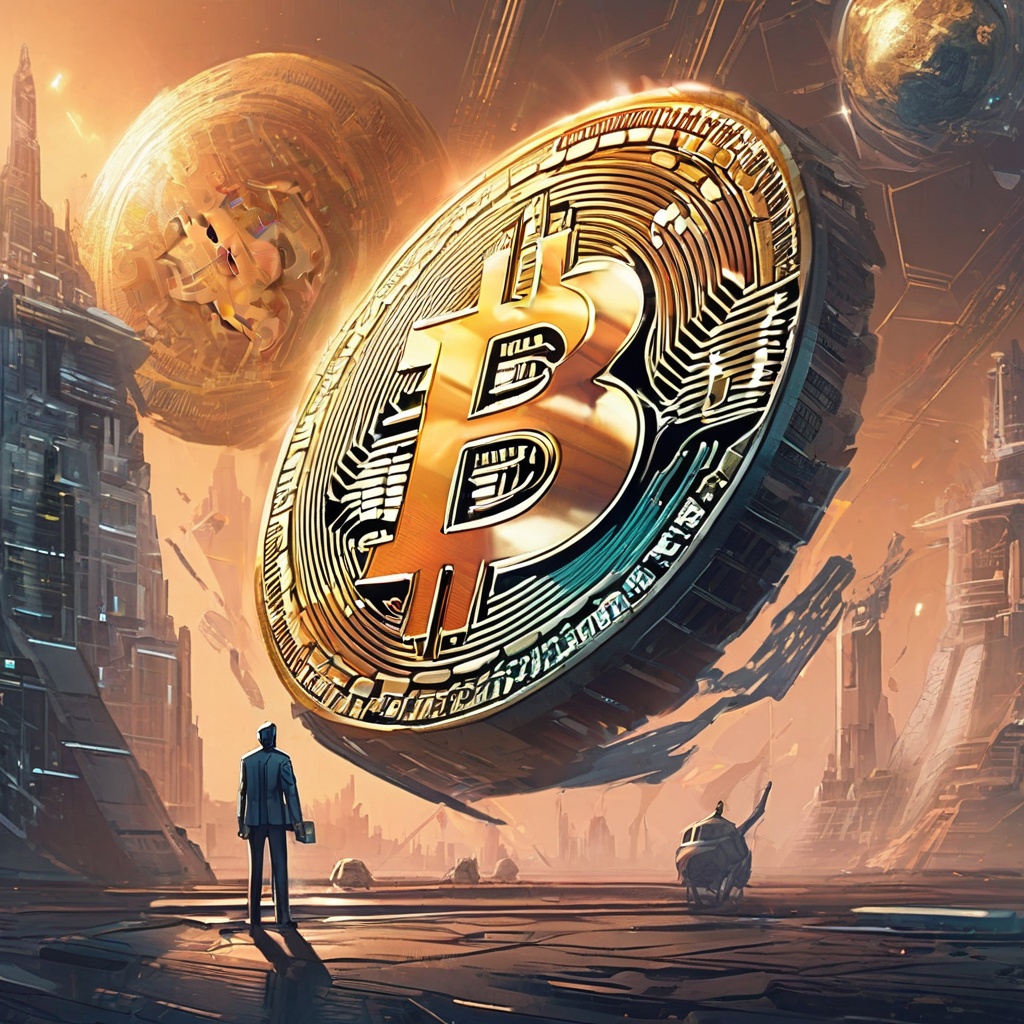What are the risks of virtual currency?
Could you elaborate on the potential risks associated with virtual currency? Are there any specific concerns regarding market volatility, security breaches, or regulatory uncertainties that investors should be aware of? How might these risks impact the long-term stability and adoption of virtual currencies?

How do I buy virtual currency?
Are you curious about purchasing virtual currency but unsure of where to start? Let me help guide you through the process. To begin, you'll need to choose a reputable cryptocurrency exchange that offers the coins you're interested in buying. Once you've selected an exchange, you'll need to create an account and verify your identity. From there, you can deposit funds into your account using traditional payment methods like a bank transfer or credit card. With your funds available, you can browse the exchange's marketplace and select the virtual currency you wish to purchase. Finally, confirm your transaction and wait for the coins to be credited to your account. It's important to note that prices can fluctuate rapidly, so be sure to research and make informed decisions before investing in virtual currency.

How does virtual currency make money?
I'm curious to understand how virtual currencies, like Bitcoin and Ethereum, actually generate revenue and make money. Could you explain the underlying mechanisms and processes that drive their profitability? How do these digital assets generate value in the absence of traditional intermediaries like banks or governments? I'm also interested in learning about the various ways in which individuals and businesses can profit from investing in virtual currencies, including through mining, trading, and staking. Additionally, how does the adoption of virtual currencies by mainstream businesses and institutions contribute to their overall profitability and sustainability in the long term?

Is Cashapp considered virtual currency?
Could you please clarify whether Cashapp is considered a form of virtual currency? I'm curious to understand how it fits into the broader landscape of digital payment systems and if it possesses the same characteristics as other virtual currencies, such as Bitcoin or Ethereum. Additionally, I'm interested in knowing if Cashapp offers the same level of anonymity and decentralization that are often associated with virtual currencies. Thank you for your insight.

What is virtual currency IRS?
Could you please explain what exactly the term 'virtual currency IRS' refers to? I'm curious to know if it's a specific tax regulation or agency related to the taxation of cryptocurrencies. Is there a particular focus on how virtual currencies are taxed, or does it encompass a broader scope of financial regulations? I'd appreciate it if you could provide some insight into the purpose and significance of this term within the cryptocurrency and finance landscape.

